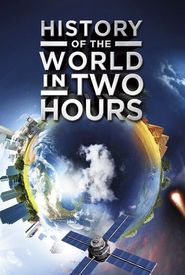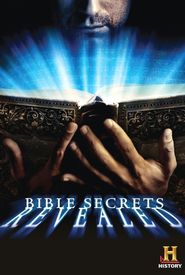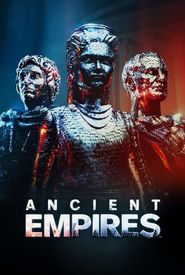Here is the biography of Dr. Robert R. Cargill:
Dr. Robert R. Cargill is Roger A. Hornsby Associate Professor in the Classics at The University of Iowa, where he teaches ancient Judaism, biblical archaeology, and early Christianity. Born on February 22, 1973, in Los Angeles, California, he is of Spanish/Basque descent on his mother's side and Italian on his father's side, with the Cargill name being of Scottish origin.
Dr. Cargill grew up in Madera, California, and attended local public schools, graduating from Bullard High School in 1991. He then attended Fresno City College, where he earned his A.A. degree and won a state championship in 1992 as a catcher with the baseball team. He transferred to California State University, Fresno, where he earned a B.S. degree in Human Physiology.
Dr. Cargill then accepted the J.P. Sanders Scholarship to attend Pepperdine University, where he earned a Master of Science degree in Ministry and his seminary degree, the Master of Divinity. He also earned an M.A. in Ancient Near Eastern Civilizations and his Ph.D. from UCLA, with an emphasis in Second Temple period archaeology and biblical studies.
Prior to joining the University of Iowa, Dr. Cargill taught at several institutions, including Pepperdine University, Azusa Pacific University, Portland State University, and UCLA. He has also taught online courses on the Dead Sea Scrolls, the History of Jerusalem, and biblical studies.
Dr. Cargill is the author of three books: Qumran through (Real) Time: A Virtual Reconstruction of Qumran and the Dead Sea Scrolls, The Cities that Built the Bible, and Melchizedek, King of Sodom: How Scribes Invented the Biblical Priest-King. His books have been well-received and have won several awards.
In addition to his academic work, Dr. Cargill is a public scholar who has appeared as an expert on over three dozen television shows and documentaries, including National Geographic's Writing the Dead Sea Scrolls and History's Bible Secrets Revealed. He has also served as the Editor of Biblical Archaeology Review and is currently the Editor of Bible & Archaeology.
Dr. Cargill is married to his partner, Roslyn, and has five children. He resides in Iowa City, Iowa, and enjoys YouTubing, camping, reading, and building things in his spare time.


























